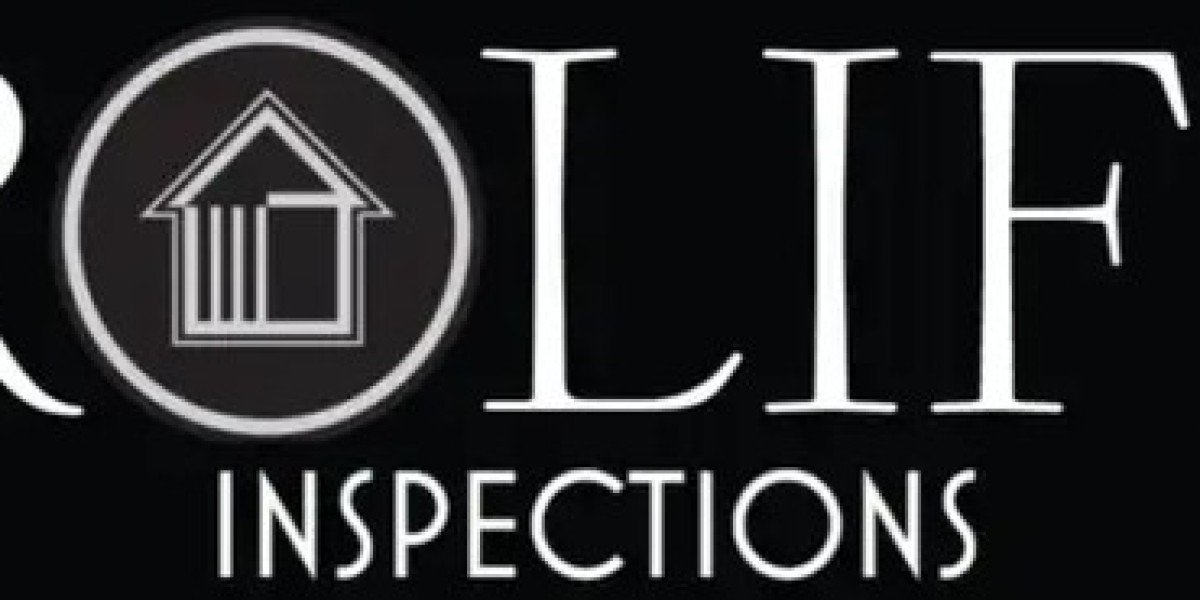Buying or selling a home is one of life’s biggest financial ProlificInspections decisions. Hidden issues—like faulty wiring, foundation cracks, or water intrusion—can quickly turn a dream home into a costly headache. That’s where certified property inspections by trusted U.S. experts come in: they give you assurance, uncover risks, and help you make informed choices. This article explains what a certified inspection is, why it matters, how U.S. experts work, what you should expect, and how to choose the right inspector.
What Is a Certified Property Inspection?
A certified property inspection is a detailed, ProlificInspections professional review of a building’s condition, conducted by a trained inspector who holds recognized credentials. These professionals are often certified through industry associations such as InterNACHI (International Association of Certified Home Inspectors), ASHI (American Society of Home Inspectors), or state licensing boards. Certification means the inspector has met educational requirements, passed exams, and often committed to ongoing training and standards of practice.
Inspections typically cover structural components (foundation, roof, walls), systems (electrical, plumbing, HVAC), environmental concerns (moisture, mold, radon), safety features (fire alarms, exits), and sometimes specialized items like pools, docks, or septic systems. The goal is to provide a detailed written report that clearly explains what is safe, what needs repair, and what might become a problem later.
Why Certified U.S. Experts Are Important
Reliability & Standards
Certified inspectors must adhere to established codes of ethics and inspection standards. This ensures consistency: you know what scope the inspection will cover, how it will be performed, and what type of report you’ll receive. For example, AmeriSpec performs 400+ point inspections with trained experts.Unbiased Assessment
A certified inspector’s job is to give you objective, fact‑based information. They are not trying to sell you something or protect a seller’s interests. Their primary duty is to the client (often the buyer). For instance, “trusted best practices” published by U.S. inspection firms emphasize objectivity, honesty, and transparency.Experience & Technical Skill
Certified U.S. experts usually have years of experience ProlificInspections across different types of properties—older homes, new constructions, varying climates. They know what issues are common in a given region (say, termite risk in the Southeast, or radon in certain Northern states) and use tools such as moisture meters, thermal imaging, or specialized environmental testing. This helps them catch problems that may not be obvious.Legal & Financial Safeguards
A thorough inspection report can inform negotiations (price adjustment, repair credits) or help avoid costly surprises. If issues are missed or misrepresented, having a report by a certified inspector may provide legal protection or at least documentation of what was known before purchase.
What to Expect During the Inspection
Pre‑inspection Meeting: The inspector usually talks with you about the property’s age, past repairs, any known issues. This sets expectations on what can or cannot be inspected.
Physical Walk‑through: The inspector examines major areas: roof, attic, crawl spaces, foundation, walls, windows/doors, plumbing, electrical, heating & cooling systems, insulation, exterior siding, and more. They often take photographs and notes.
Specialized Tests: If relevant, tests for radon, mold, lead paint, or termite activity might be included. If not included, the inspector may refer you to specialists.
Report Delivery: After inspection, you’ll receive a written, sometimes interactive report, often within 24‑48 hours. The report details items that need repair or monitoring, safety issues, and estimates of remaining useful life for major systems. Clarity is key—it should be understandable to non‑experts.
Post‑inspection Support: Good inspectors are available to answer questions about the report, clarify things you don’t understand, or recommend further evaluation (e.g., structural engineer, pest control).
How to Choose a Trusted U.S. Property Inspector
Certification & Licensing
Check whether the inspector is certified by one of the recognized U.S. bodies (InterNACHI, ASHI, state licensing board). In some states, licensing is mandatory; in others, certification demonstrates professionalism.Experience & Specialization
Choose someone who has done inspections in your area and type of property. Older homes may have different issues than newer ones. If you have special needs (historic property, waterfront, environmental concerns), look for an inspector with that specialization.Reputation & Reviews
Look for customer reviews, references, and sample inspection reports. What do past clients say about thoroughness, clarity, professionalism, and report delivery? TrustAnalytica and other rating services list inspectors and their reviews.Transparency in Pricing & Services
A reputable inspector will provide a quote that clearly states what is covered, what is extra, estimated duration, when you’ll get the report, and whether specialized tests are included.Tools & Technology
Inspectors that use up‑to‑date tools (thermal imaging, moisture detection, detailed checklists, quality cameras) tend to deliver more insightful reports.Communication Skills
It helps if the inspector explains things clearly, avoids technical jargon without clarification, provides context (what is “normal wear and tear” vs what’s worrisome), and responds to questions.
Common Issues Uncovered & How Certified Experts Handle Them
Water / Moisture Intrusion: Leaks, poor drainage, roof penetrations, basement seepage. Certified experts note signs (stains, mold, efflorescence) and suggest corrective measures.
Roof & Exterior Damage: Missing shingles, damaged flashing, siding problems, inadequate flashing or trim.
Electrical Hazards: Outdated wiring (knob & tube, aluminum), overloaded panels, absence of GFCI outlets, code violations.
HVAC Concerns: Poor maintenance, leaks in ductwork, low energy efficiency, safety of combustion appliances.
Foundation & Structural Issues: Cracks, settling, basement flooding, issues that may worsen over time.
Conclusion
In real estate, whether you are a buyer or seller, ProlificInspections the value of a certified property inspection cannot be overstated. It’s not just about identifying problems—it’s about gaining knowledge and confidence. By hiring a trusted U.S. expert, certified according to rigorous standards, with reputation, tools, and communication skills, you protect your financial investment and avoid unpleasant surprises.
Before you decide, always do your homework. Ask questions. Read sample reports. Ensure you understand exactly what you're getting—and what you're not. With the right certified inspector by your side, you can move forward with peace of mind.






